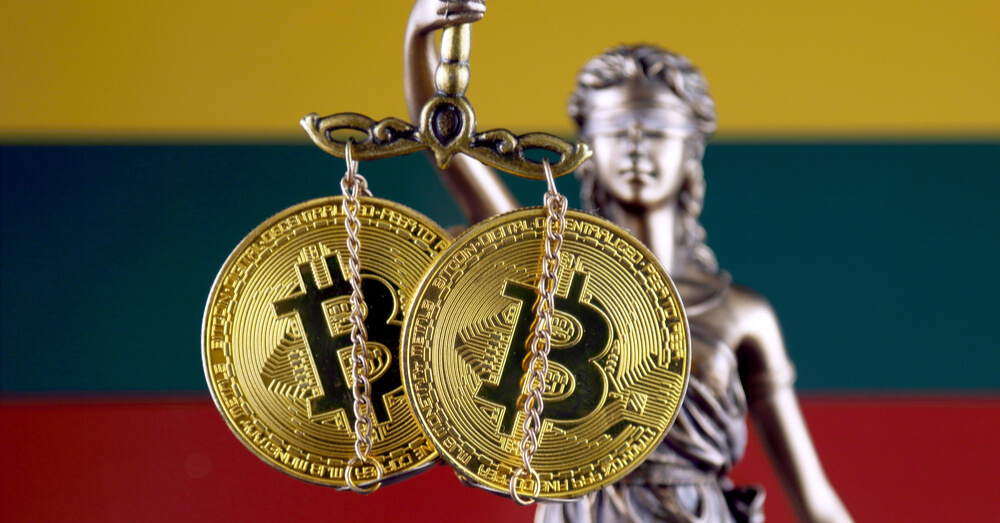
This is the first time that the government of Lithuania has profited from selling seized cryptocurrency
Reports state that the government of Lithuania has sold off a batch of cryptocurrencies that were seized by local enforcement agencies. The State Tax Inspectorate (STI), which is the country’s tax authority, sold confiscated cryptocurrency assets that amount to 6.4 million euro ($7.6 million) and subsequently allocated the profits to the state budget.
An official announcement that was released on 24 November indicated that the seized cryptocurrency assets were composed of major cryptocurrencies such as Bitcoin (BTC), Ethereum (ETH) and the privacy-focused altcoin Monero (XMR).
The STI explained that this is the first time in history that the agency has sold seized cryptocurrency in exchange for fiat currency. They also noted that the conversion from crypto to euro took almost a day.
The Director of the STI’s tax arrears administration department, Irina Gavrilova, stated that the process from start to finish “was new for the tax administrator, from the takeover of the confiscated cryptocurrencies to their realisation”.
She added that from this point forward, it will be easier for the agency to sell confiscated crypto assets in the future.
The announcement explained that the STI took control of the confiscated funds sometime around the latter part of February this year. While the authority did not specify how exactly the STI sold the seized assets, they did note that the exchange process mandated that the STI create their crypto wallet to receive the cryptocurrency from law enforcement agencies.
Earlier this year, the Bank of Lithuania released a digital blockchain-based collector coin called LBCoin that they dedicated to the country’s Act of Independence of 1918 as well as its 20 signatories. The central bank claimed that this was the first to exist in the world and that the digital coin was a representation of a bridge that brings together classical numismatics and rapidly evolving financial technologies.
Marius Jurgilas, a member of the board of the Bank of Lithuania, explained that the LBCoin is an opportunity for Lithuanians and other people around the world to experiment with new technologies.
“Digital money is inevitable in the digital economy. Today, LBCoin is what allows people in Lithuania and around the globe to test new technologies in a safe environment, e.g. go through all authentication procedures remotely, open an e-wallet and swap digital tokens with other collectors or transfer them to the public NEM network”, he said.

